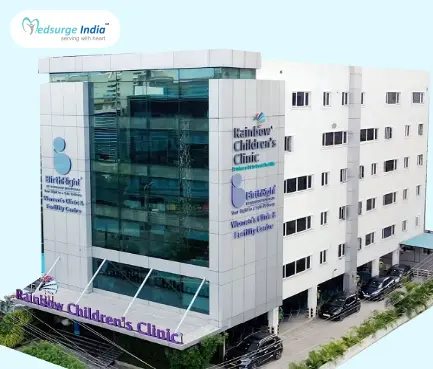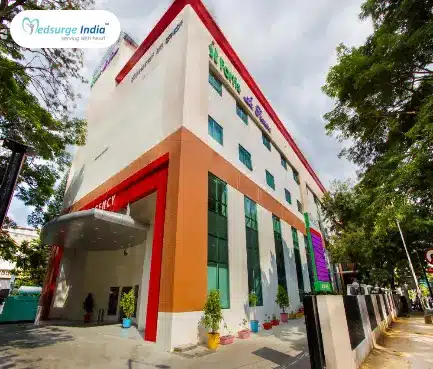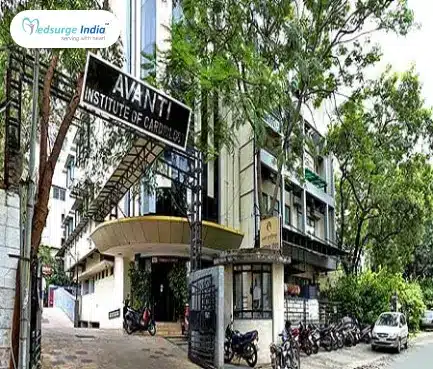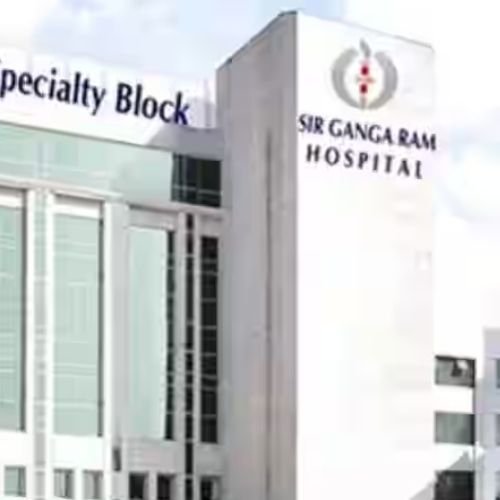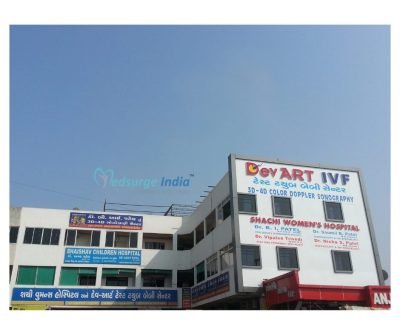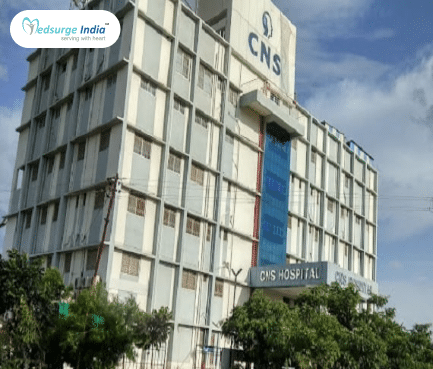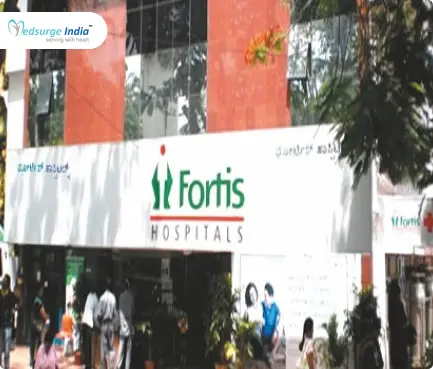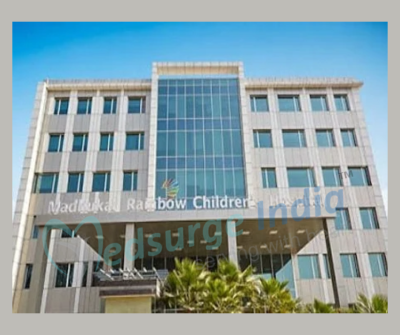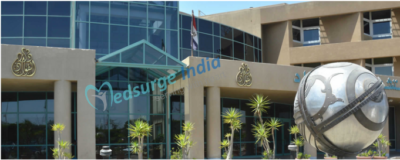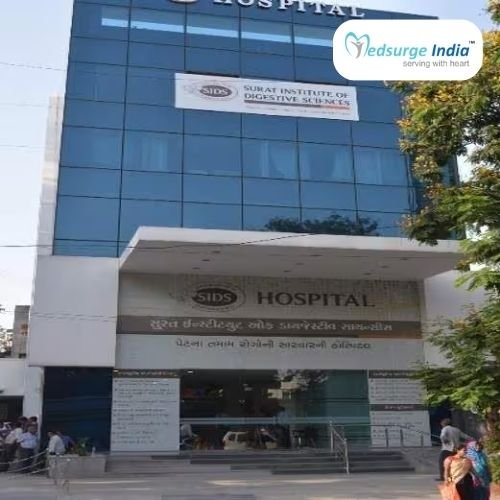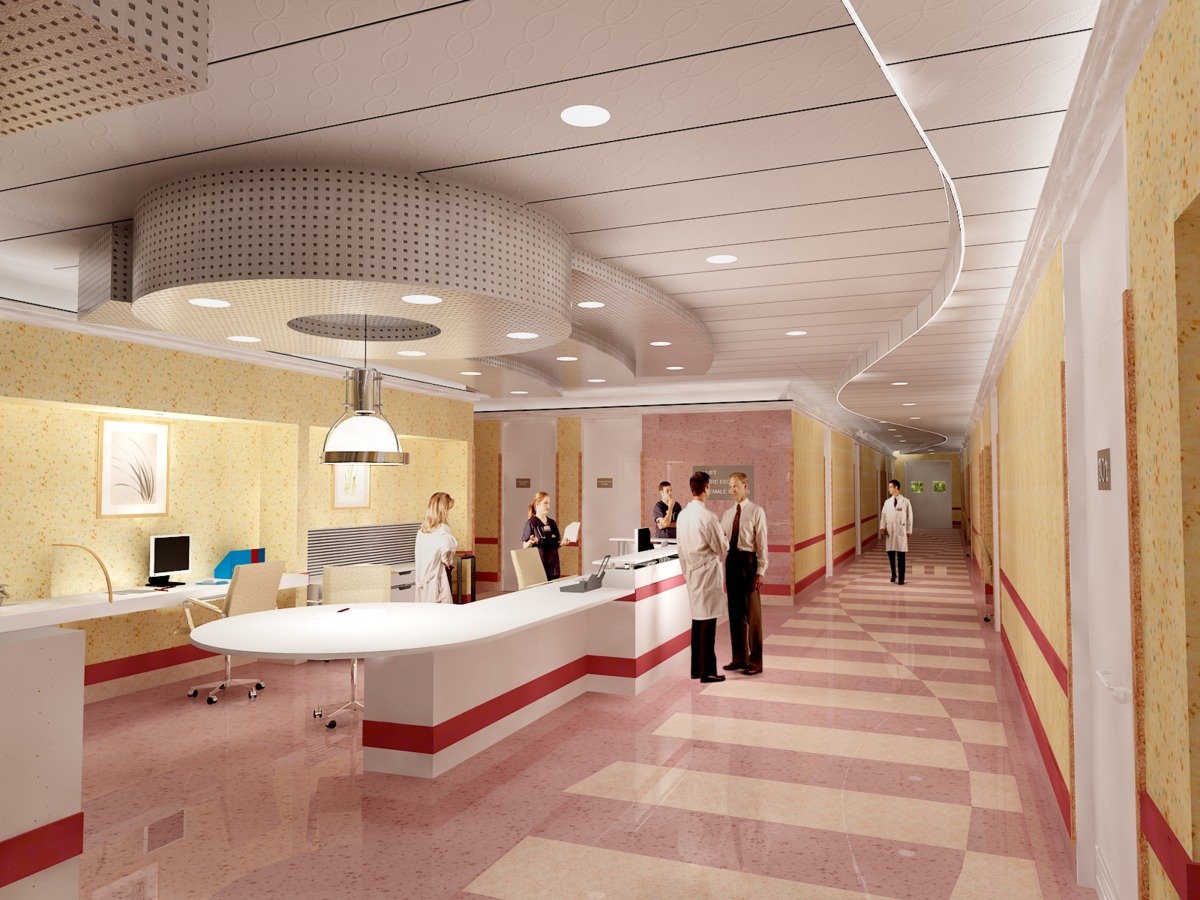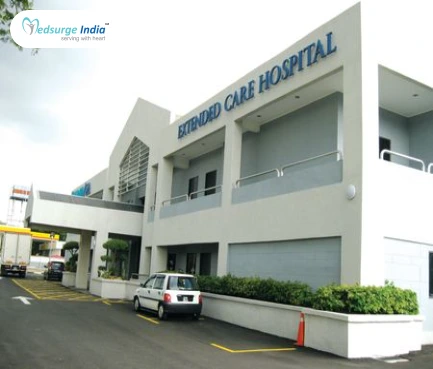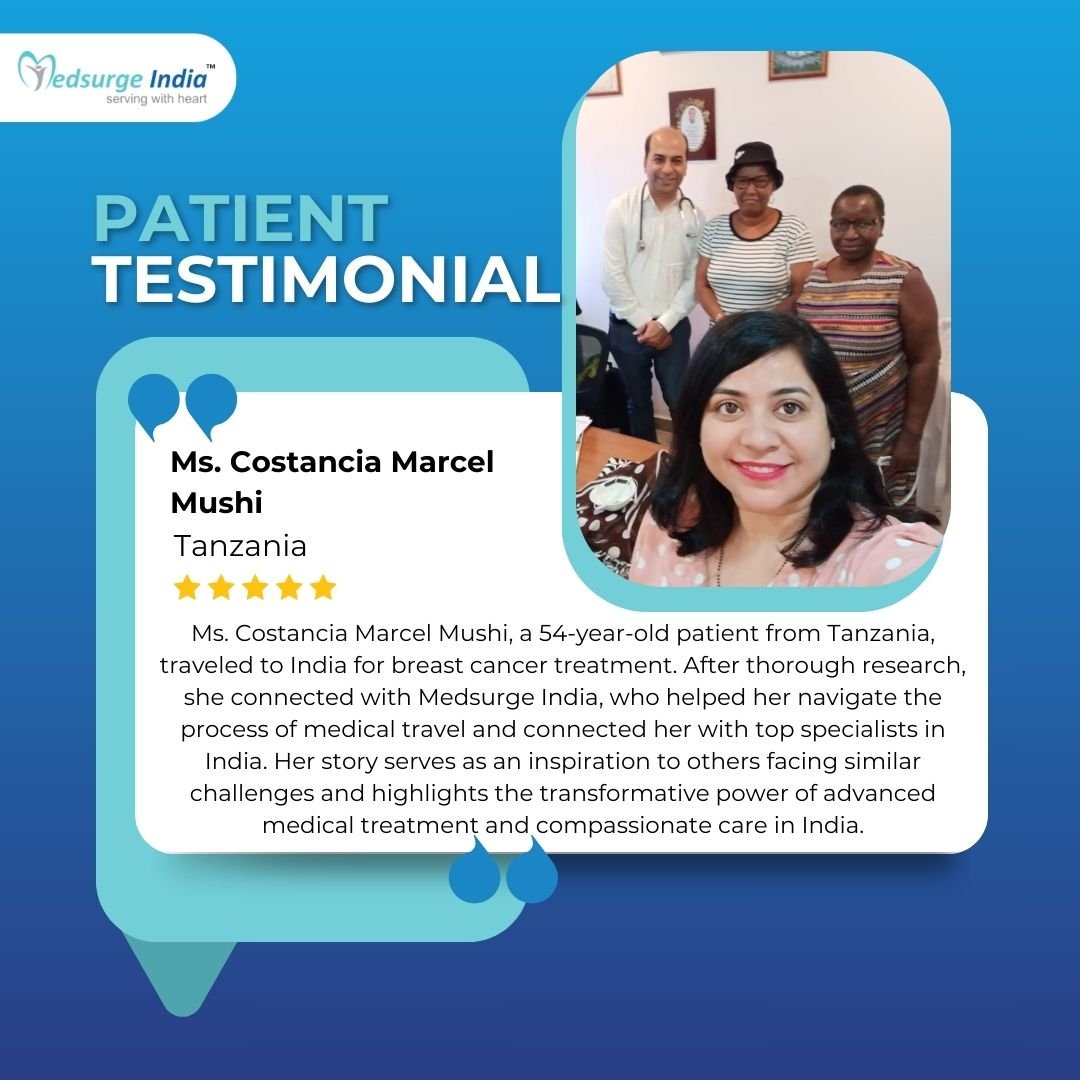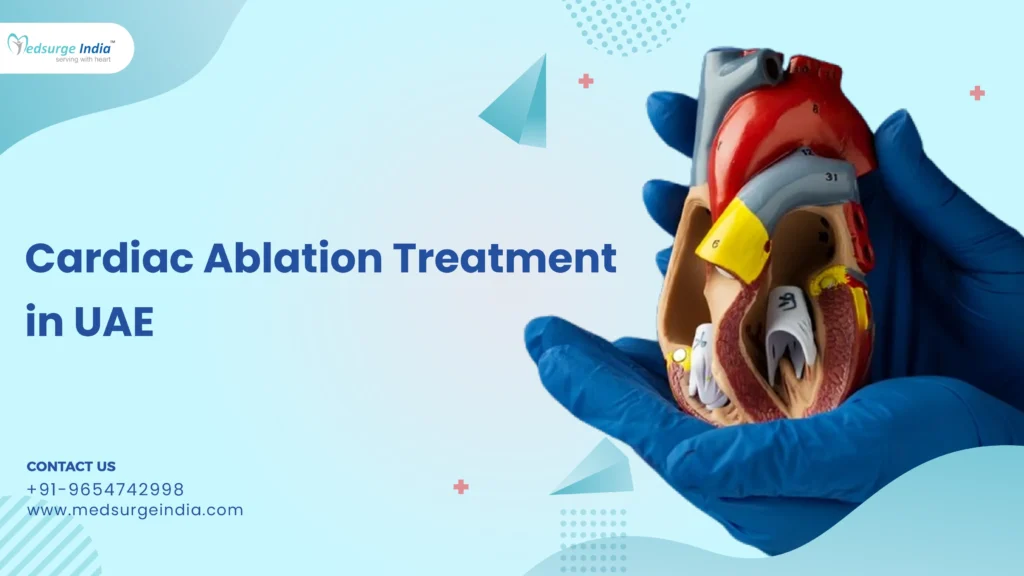
What is Cardiac Ablation?
Catheter ablation, also referred to as cardiac ablation or radiofrequency ablation, involves inserting a tube into the heart to eliminate small areas of tissue responsible for abnormal heartbeats. It is typically suggested for individuals whose arrhythmias are unresponsive to medication or for those with specific types of arrhythmias originating from the atria. In some cases, catheter ablation may be advised for individuals experiencing arrhythmias originating in the ventricles.
Cardiac ablation treatment cost in UAE is significantly more affordable compared to other countries, offering exceptional medical care. UAE is renowned for its highly skilled cardiac specialists and surgeons, known for their expertise and extensive experience. Additionally, the success rate of the treatment is comparable to that of the leading global hospitals.
Methods of Cardiac Ablation
Heart tissue is scarred using energy during this procedure. Often, doctors call this irregular pulse an arrhythmia, as they stop unusual electrical signals in the heart. In addition to treating an irregular heartbeat, cardiac ablation can treat atrial fibrillation (AFib). Your doctor may refer to this procedure as an atrial fibrillation ablation depending on the circumstances.
Cardiac ablation in UAE comes in a variety of forms, here are some below:
- Catheter ablation: In this method, the heart’s disruptive cells are removed by inserting long, thin tubes called catheters into the blood channels. The cells that produce arrhythmias are removed by healthcare facilities using a variety of methods, including, radio frequency produces heat and freezing.
- Surgical ablation: Ablation surgery, commonly referred to as maze surgery The Cox-maze or Trusted Source technique seeks to end atrial fibrillation (A-fib). It is a type of open-heart surgery that is frequently carried out concurrently with procedures for other heart issues, like valve replacement or heart bypass.
- Hybrid surgical-catheter ablation: Hybrid surgical-catheter ablation combines catheter ablation, which treats the inside of the heart, with the mini-maze procedure, which treats the outer layer of the heart.
Cardiac Ablation Treatment Cost in UAE
The average Cardiac ablation treatment cost in UAE range from AED 13,220 to AED 22,000 (3600 USD to 6000 USD). The treatment will depend on the patient’s condition and the type of treatment after the diagnosis so varying on that the package of Cardiac Ablation treatment cost in UAE will depend on it.
Cardiac Ablation Treatment Cost in Different Parts of UAE
| City | Starting Cost(USD) |
| Dubai | 3600 USD |
| Abu Dhabi | 3400 USD |
Please keep in mind that the cost and treatment options for Cardiac Ablation Treatment Cost in UAE may differ based on the patient’s preferences and other factors.
Factors That Can Affect Cardiac Ablation Treatment Cost in UAE
Following stated below are some of the factors that can affect Cardiac Ablation Treatment cost in UAE:
- Medication costs.
- Duration of treatment.
- Geographical location.
- Hospitalization expenses.
- Government policies and subsidies.
- Medical tourism packages.
- Hospital reputation and infrastructure.
- The expertise and experience of medical professionals.
- The type and frequency of diagnostic procedures.
- The choice of treatment modality.
Cardiac Ablation Treatment cost in UAE not only provides top-notch medical care and facilities comparable to renowned healthcare institutions globally, but also takes into consideration accommodation, meals, and transportation expenses. Additionally, Medsurge India guarantees that patients will receive the most cost-effective Cardiac Ablation Treatment cost in UAE under the supervision of highly skilled doctors.
Cardiac ablation Treatment in UAE
Prior to commencing cardiac ablation treatment in UAE, your physician will initially diagnose your condition by evaluating your body through a series of tests. Following the completion of these tests, the treatment will be carried out based on the results obtained.
The Procedure:
- The catheter ablation procedure typically lasts between two to four hours. It is performed in an electrophysiology lab where close monitoring is ensured.
- Prior to the commencement of the procedure, you will receive intravenous medications to induce relaxation or even sleep, if necessary. In certain instances, an anesthesiologist may administer general anesthesia.
- Once the medication takes effect, your physician will anesthetize the groin area and create a small incision in the skin. Subsequently, three or four catheters will be inserted through blood vessels to the heart to assist in guiding the procedure.
- Following the placement of catheters, electrodes at the catheter ends will be utilized to stimulate the heart and identify the source of the abnormal heart rhythm.
- The doctor will then use radiofrequency heat energy to ablate the problematic area, typically around one-fifth of an inch in size.
- Alternatively, cryoablation may be employed, involving extremely cold temperatures to eliminate the issue. The choice of ablation therapy will be determined by your physician.
- Once the tissue is ablated, the abnormal electrical signals causing the arrhythmia will cease to be transmitted to the heart.
- Most individuals do not experience pain during the procedure, although some may feel slight discomfort in the chest. Upon completion of the ablation, the guide wire and catheters will be removed from the chest.
Also Read: Cardiac ablation Treatment Cost in India
How Can Medsurge India Help?
Medsurge India stands as a trusted partner for individuals and patients seeking hospitals, doctors, and specialized treatment worldwide. Our team’s primary mission is to help you discover the finest medical options tailored to your symptoms and specific requirements. Our staff is dedicated to curating a comprehensive roster of reputable, licensed medical professionals and healthcare facilities that align with your budget constraints and to extend our support to facilitate travel authorization, medical e-visa, and a range of other essential arrangements for our patients.
Get Free Cost Estimation
The Most Important Frequently Asked Questions
Q: Besides Cardiac Ablation, What Other Options Exist?
A: Electrical cardioversion: This technique involves passing an electrical current through the chest to return the heartbeat to its regular rhythm. operations involving implanted devices, such as an implanted cardioverter-defibrillator or pacemaker surgery.
Q: for Whom Is Cardiac Ablation Not Appropriate?
A: If you are in afib at the time of catheter ablation, you will most likely undergo a transesophageal echocardiography (TEE) or computed tomography (CT) scan to see if there are any blood clots. In that case, you won’t be able to continue with catheter ablation.
Q: What Is the Success Rate for Cardiac Ablations?
A: The total success rate is between 85 and 90 percent when the operation is repeated in individuals who remain atrial fibrillation after the initial procedure. About 50% of patients can have their persistent atrial fibrillation resolved with a single operation.
Q: What Is Considered Normal for Ablations?
A: Although there isn’t a set limit to the amount, the average is often two catheter ablations. A few extremely uncommon instances will also arise when having five or six ablations is warranted, but they will be extremely uncommon.
Top Hospitals for Cardiac Ablation Treatment in UAE
Top Doctors for Cardiology And Cardiac Surgery
Dr. Mohammed Rehan Sayeed
Consultant
Experience: 26 years of experience
Burjeel Medical City, Abu Dhabi
Abu Dhabi, UAE
Dr. Y. A. Nazer
Consultant , MBBS, MS, MCh
Experience: 27 years of experience
Abu Dhabi, United Arab Emirates
Dr. Salwa Badie Elkholy
Consultant , Graduation, MSc, Post Graduation
Experience: 16 years of experience
Dubai , United Arab Emirates

